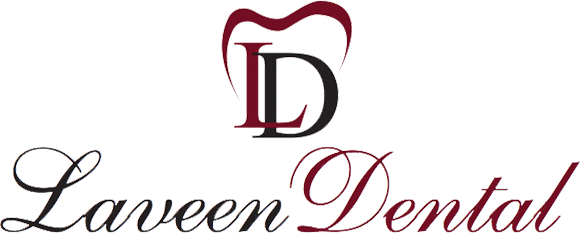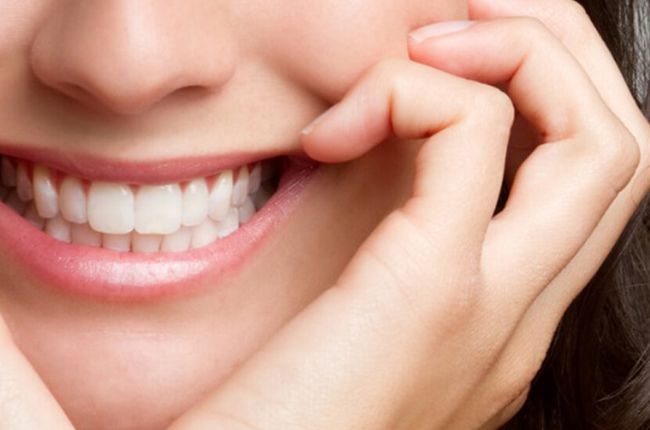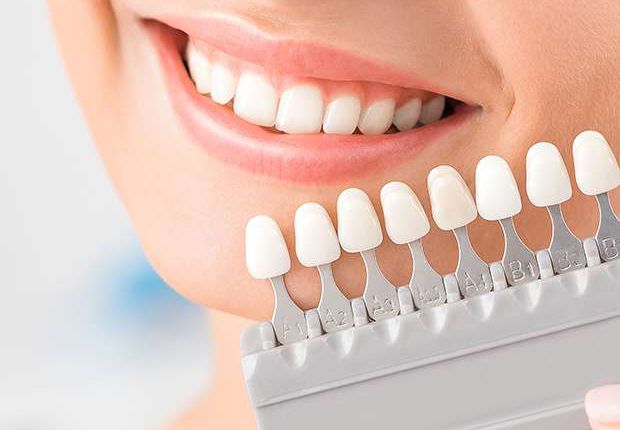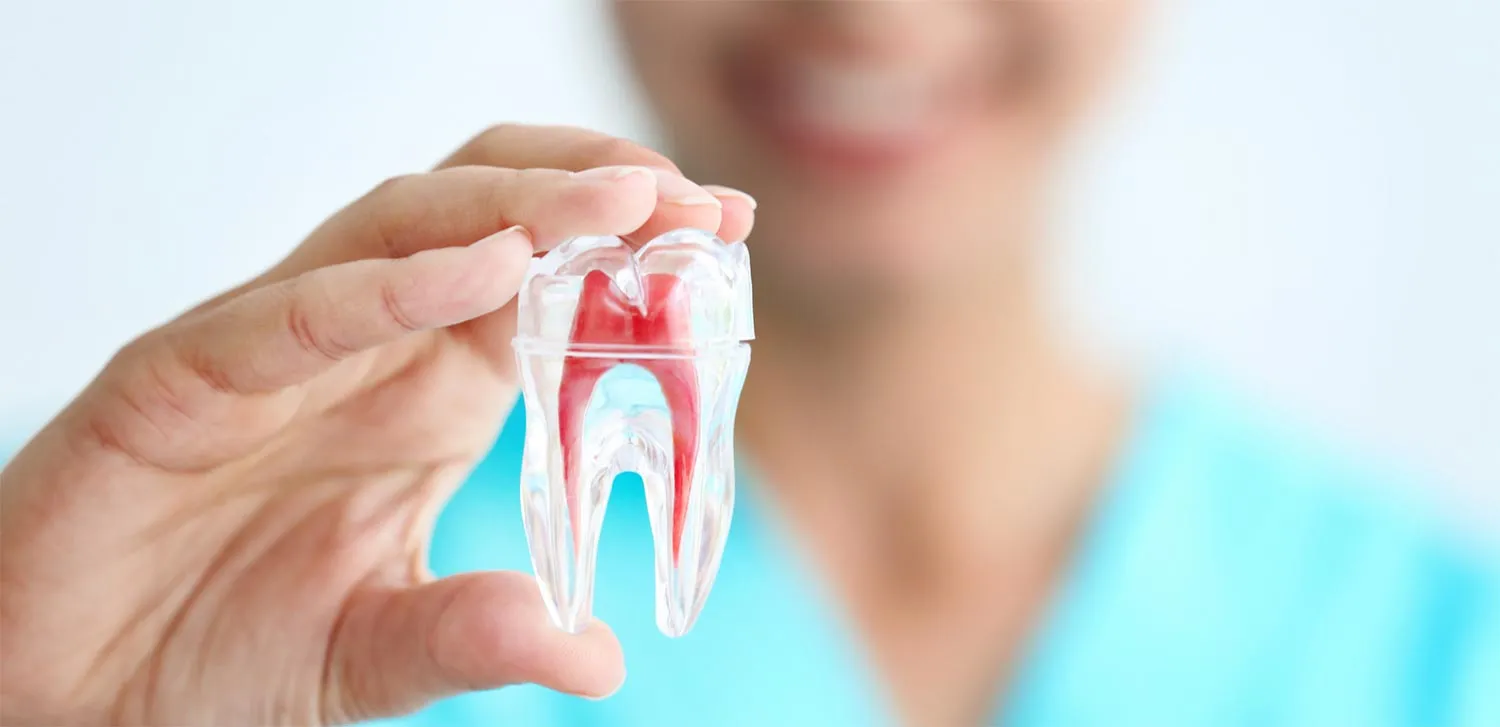When it comes to our oral health, most of us know the importance of brushing and flossing. However, there are many bad oral habits that we should avoid for a healthier mouth.
- Nail Biting
Nail biting is a common bad habit that can cause damage to the teeth and mouth. It can lead to broken or chipped teeth, sensitive teeth, and problems with your jaw, like TMJ disorder. The best way to end this habit is to find some distractions.
- Smoking
It’s no secret that cigarette smoking is very bad for your health, but did you know that it can lead to oral problems? That’s because the chemicals in tobacco can cause your gums to become inflamed and irritated. This makes your gums bleed easily when brushing or flossing your teeth. Additionally, smokers are six times more likely than non-smokers to develop gum disease. This can lead to serious health problems like stroke, heart disease, and cancer. If you’re a smoker who is unhappy with the state of your oral health, contact our dentist in Laveen, AZ, about quitting today! They can help you come up with an action plan for kicking the habit for good.
- Brushing Teeth Aggressively
It’s a common habit to brush your teeth too forcefully, thinking this will get your teeth cleaner. However, you’re actually causing damage to your gums and tooth enamel by doing this. Using too much force while brushing causes the gums to wear away, leading to gum recession over time or even tooth loss. Gum recession weakens the roots and leads to loose teeth, not to mention it can also make the teeth more sensitive to hot and cold temperatures. Brushing with a gentle touch is all it takes to clean your teeth effectively without being too harsh on them.
If you’ve noticed changes to your gum line or teeth that you’ve been unable to explain on your own, visit our dentist in Laveen, AZ, for an evaluation and treatment options. They can help you create a plan to treat any adverse changes to your oral health caused by your bad brushing habits.
- Teeth Grinding
Teeth grinding can be harmful to your teeth and jaw health because it can wear down teeth and cause jaw pain. It can also lead to headaches due to tension in your facial muscles. If your teeth are worn down and damaged from excessive grinding, our dentist in Laveen, AZ, may recommend options like dental crowns to restore your smile and prevent further damage to your tooth enamel.
Some ways to prevent nighttime teeth grinding include avoiding caffeine and alcohol before bed, doing relaxation breathing techniques like meditation or yoga, and avoiding stress. If you are stressed at work or school during the day, try to manage your stress levels with these tactics. Stress can lead to bruxism, which is the medical term for teeth grinding. By causing damage to your teeth, teeth grinding can also cause you to have a higher risk of needing root canal therapy or even losing a tooth. If you grind your teeth, visit our dentist in Laveen, AZ, for a night guard.
- Using Teeth As Tools
If you’re guilty of using your teeth for anything other than chewing food, it’s time to stop! Your teeth are meant only for eating and talking. Nothing else. When we use our teeth for things like opening packages or cutting thread, we risk cracking our teeth or even chipping them entirely. This can result in the need for expensive restorative procedures like dental crowns. Limit the use of your teeth to chewing food, and you should never have the problem.
- Not Visiting The Dentist Regularly
Neglecting to visit our dentist 85339 at Laveen Dental for regular checkups and care can result in a number of oral health problems. It’s recommended that you visit the dentist every six months for a checkup and professional cleaning. Some patients may require more frequent visits depending on their dental health needs.
During your dental exams, our dentist 85339 will clean your teeth and take X-rays. This allows him to check for cavities and other signs of tooth decay, as well as keep an eye on your gum health. If he finds any issues with your oral health, he will provide the appropriate treatment and recommendations at that time.
The Importance of Oral Hygiene
Maintaining good oral hygiene in Laveen, AZ, is crucial for overall health and well-being. Brushing your teeth twice a day, flossing regularly, and visiting the dentist are essential habits that can prevent dental issues like cavities, gum disease, and bad breath.
Poor oral hygiene can lead to more than just tooth decay; it has been linked to serious health conditions such as heart disease, diabetes, and respiratory infections. By taking care of your teeth and gums, you're not only preserving your smile but also reducing the risk of developing systemic diseases.
In addition to health benefits, practicing good oral hygiene contributes to self-confidence and positive self-image. A healthy mouth enhances your appearance and allows you to speak and eat comfortably. It's never too late to start prioritizing your oral health – your future self will thank you for it!
We request you schedule a consultation with our team of dental experts to get all your oral concerns addressed at the earliest. Please call us at (602) 237-7878 or reach out through online consultation, and we’ll be happy to help.
More Blog Posts
Office Hours
MON9:00 am - 7:00 pm
TUE - FRI9:00 am - 5:00 pm
SAT8:00 am - 1:00 pm
SUNClosed

















